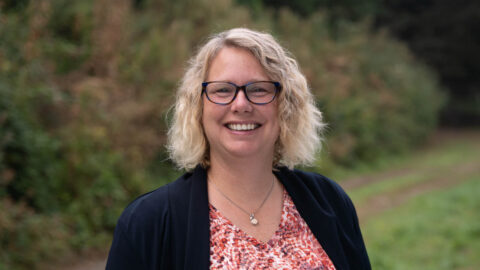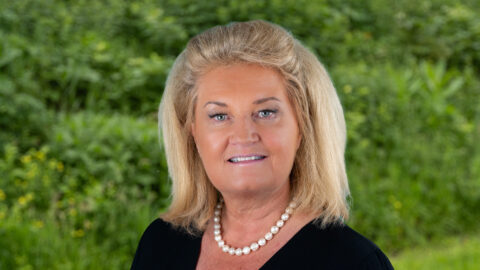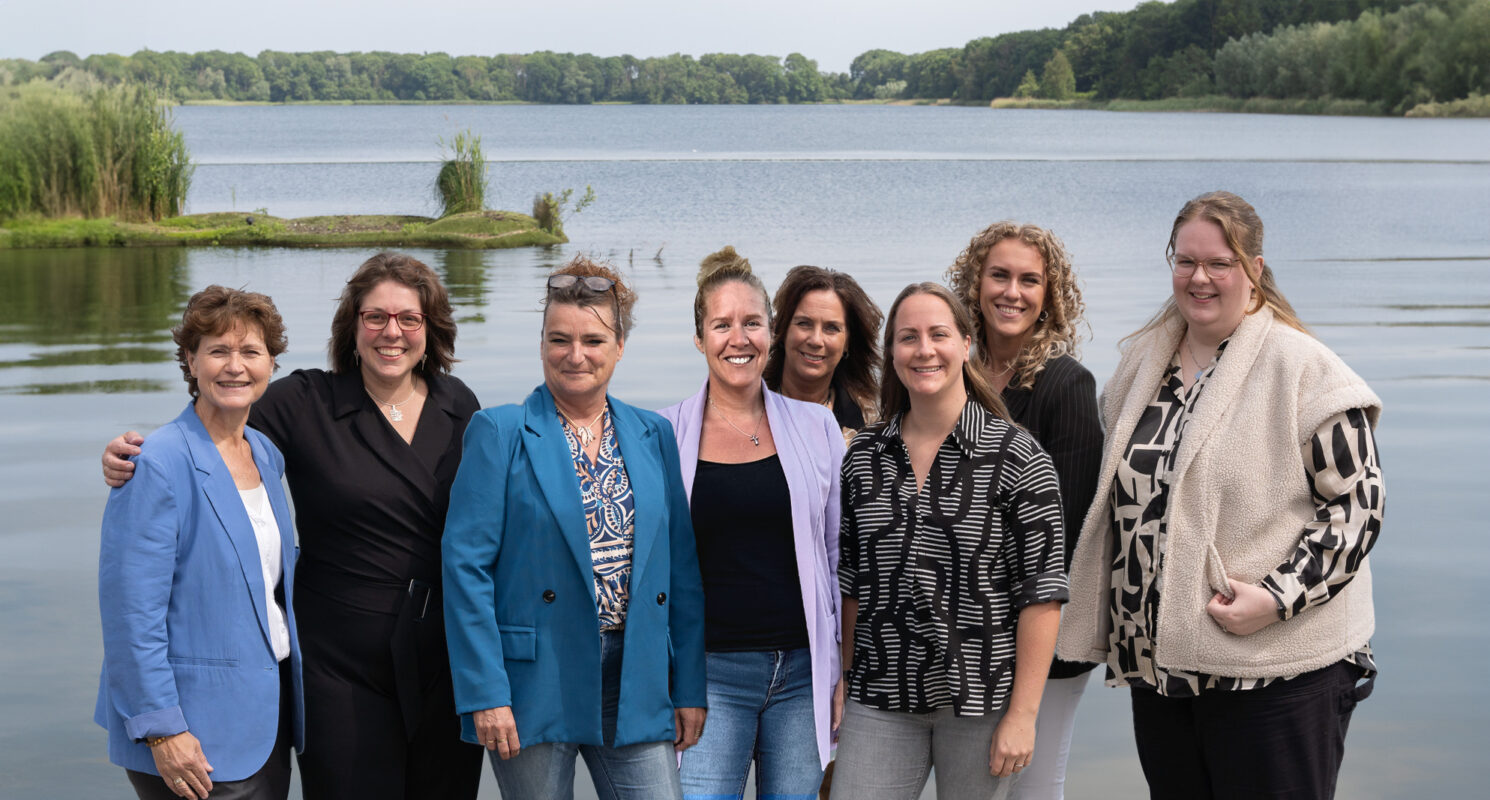You can reach World Water Academy by telephone: +31 030 606 94 00 or e-mail: info@worldwateracademy.nl.
Women in Water Workshop makes waves during IWA in Cape Town
The “Women in Water” workshop, jointly organized by the World Water Academy and Blue Deal South Africa, took place at March 18 during the IWA Conference in Cape Town. The session was a follow-up to the highly successful workshop held at WISA 2024 in Durban. The event gathered professionals from South Africa, Lesotho, eSwatini, Ghana, and the Netherlands to discuss the role of women in the water sector, share experiences, and explore ways to foster gender inclusivity.
The session was moderated by Dr. Thobela Biyela, a postdoctoral researcher at IWWT, and featured an engaging panel discussion with water leaders.
Opening Remarks
The event started with a welcome address by Mrs. Hélène Rekkers, Consul-General in Cape Town. She emphasized the importance of discussing water management in a city like Cape Town, which has faced significant water crises in the past. She posed a thought-provoking question: “Why do we still need a session like this? Haven’t women already established their role in the sector?” She acknowledged that, despite progress, women remain underrepresented in leadership roles, and their contributions are often overlooked.
Keynote Speech by Zanele Bila-Mupariwa
Zanele Bila-Mupariwa, Provincial Head of the Western Cape Department of Water and Sanitation, shared her personal journey in the water sector. She started as a young woman in a male-dominated industry, working in a wastewater treatment plant where she faced skepticism from male colleagues. Determined to prove herself, she took on various responsibilities and eventually became a regulator in the sector that doubted her capabilities. Her message to young professionals was clear: Never give up on your dreams. Your voice and ideas matter. Obstacles are part of the journey.
Keynote Speech by Dr. Mariëlle van der Zouwen
Dr. Mariëlle van der Zouwen, CEO of KWR Water Research Institute, reflected on her career in the Dutch and international water sector. Coming from a small town in the Netherlands, she was the first in her family to attend university. She stressed the importance of staying true to one’s roots and original identity while striving for excellence.
Her message to the audience: Engage with younger generations, mentor both men and women, and embrace inclusive leadership.
Panel Discussion: The Meaning of Women’s Power & Changing the Narrative
The panel featured a diverse group of women leaders: Zanele Bila-Mupariwa (Department of Water and Sanitation), Dr. Mariëlle van der Zouwen (KWR Water Research Institute), Wayida Mohamed (Rand Water), Anya Eilers (Zutari), and Anne Maaike Koeneman (Blue Deal South Africa).
The panel explored the meaning of women’s power and how it manifests in professional environments. Rather than dominance or control, power was redefined as courage, respect, self-awareness, and the ability to uplift others.
A key takeaway was that the best teams are diverse teams, where different perspectives are valued and encouraged. Women bring essential qualities to leadership, such as communication skills, empathy, and collaboration, which strengthen decision-making processes.
However, challenges remain. Some panelists and audience members reflected on negative experiences with female mentors or managers who did not support other women. There was a strong call to change this mindset: Women in leadership should actively lift each other up rather than create additional barriers.
The discussion also touched on shifting the narrative for future generations. While past generations of women like Zanele and Mariëlle grew up in heavily male-dominated societies, younger generations now have more integrated spaces where traditional gender roles are being questioned. The challenge is to continue this progress by ensuring young women and men see inclusive leadership as the norm.
Participants also spoke about the difficulties of starting out as a woman in the water sector. The need to speak up, assert oneself, and break into professional networks was highlighted. However, there was also an emphasis on psychological safety—creating workplaces where people feel secure expressing themselves without fear of backlash.
Mentorship emerged as a key theme. Both women and men benefit from it, and participants stressed that mentorship should not be limited to hierarchical relationships.
Interactive Workshop: The Pizza Metaphor
One of the most engaging and creative parts of the workshop was the interactive exercise using a pizza as a metaphor for building inclusive, diverse, and empowering workplaces. Participants were asked to think about the essential “ingredients” needed to create a professional environment where women can thrive in the water sector.
Final Reflections and Takeaways
At the end of the workshop, the group reflected on how to apply these insights beyond the session. While discussions like these are valuable, the real challenge is implementation. A key takeaway was that:
- Consistency is key → Gender inclusivity should not be a one-time conversation but a continuous effort.
- Mentorship matters → Encouraging both formal and informal mentorship programs can support professional growth.
- Building a community → A Community of Practice (CoP) could be established to exchange experiences, provide support, and continue the dialogue.
- Organizing follow-up initiatives → Future bootcamps, webinars, and networking events were suggested to sustain momentum.
The session was so engaging and relevant that it ran beyond the scheduled time, showing the enthusiasm and commitment of participants.
World Water Academy and Blue Deal South Africa were praised for organizing an inspiring, interactive, and impactful session. The depth of the stories, the emotional engagement, and the energy in the room all pointed to one thing: We need to keep this conversation going!
More information on this article?

Claudia Peters
info@worldwateracademy.nl +31 30 60 69 400
Gabriëlle Knufman
info@worldwateracademy.nl +31 30 60 69 400Feel free to ask us about our products and courses
